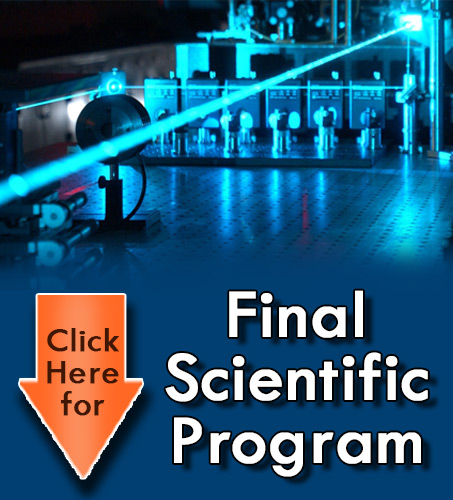
Yutaka Fukuchi
Tokyo University of Science, Japan
Title: Technique of optical frequency comb generation from a bismuth-based harmonically mode-locked fi ber laser
Biography
Biography: Yutaka Fukuchi
Abstract
Optical frequency comb generators can off er several attractive applications such as wideband multi-wavelength lasers, ultra-short pulse generation, coherent optical waveform syntheses, ultra-fast signal processing, high resolution spectroscopy and optical frequency reference. High stability, high coherence, high effi ciency, low noise, low cost, wide bandwidth and spectral fl atness are commonly required for those applications. Among many potential comb sources, harmonically mode-locked fi ber lasers are a popular solution owing to their abilities such as wavelength tunability, short pulse width, small timing jitter and high repetition frequency in the gigahertz region. However, since the harmonically mode-locked fi ber lasers usually employ silica-based erbium-doped fi bers as the gain media, the range of the wavelength tunability is limited to either the conventional wavelength band or the longer wavelength band. Furthermore, it is generally diffi cult for each frequency comb component generated by the harmonically mode-locked fiber lasers to have the same intensity. In this paper, we review a technique for producing a tunable and fl at frequency comb from a 10 GHz bismuth-based harmonically mode-locked fi ber laser. Th e output characteristics are as follows. Th e center wavelength can be tuned from 1535 nm to 1585 nm. Th e comb spectrum can be fl atly broadened up to 2.4 nm (300 GHz) with 30 comb lines. Th e spectral width and the pulse width can be tuned from 0.23 nm to 2.4 nm and from 3.0 ps to 20.1 ps, respectively. Th roughout the entire tuning ranges, this laser can maintain stable bit-error-free mode-locking operation within a received power deviation of 3.0 dB.

